5 Business Ideas for an Enterprising NP
Minority Nurse
NOVEMBER 14, 2024
When new nurse practitioners graduate from school, they’re ready to hit the ground running and find jobs in their respective areas of specialization. Here are five ideas for nurse practitioners keen to be their own boss. We find NPs in acute care, family practice, cardiology , neurology, and all clinical settings.

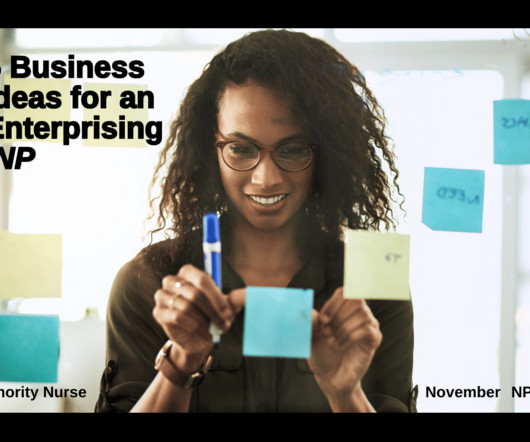

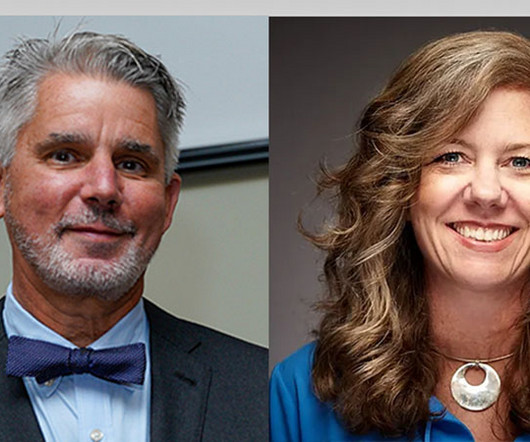
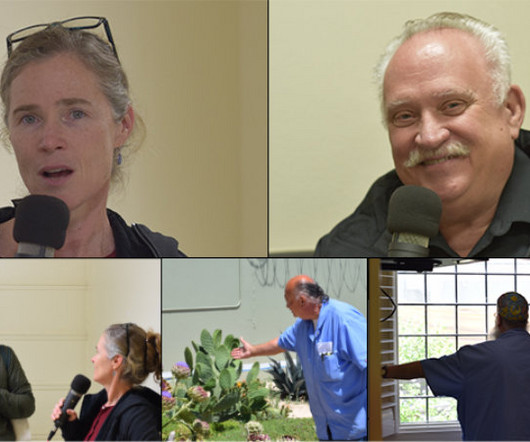
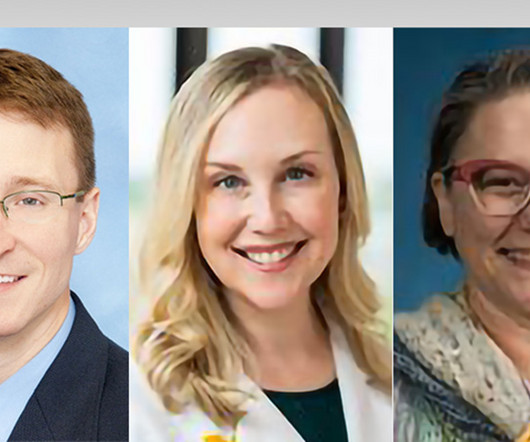
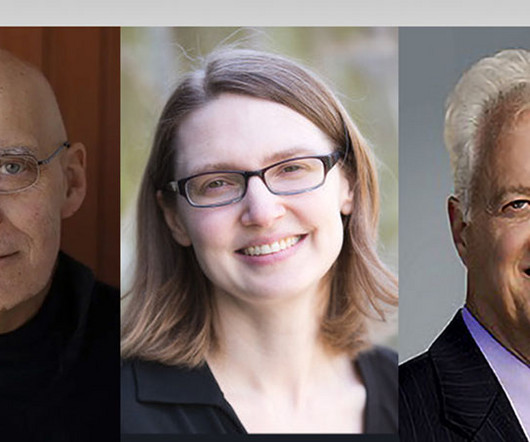




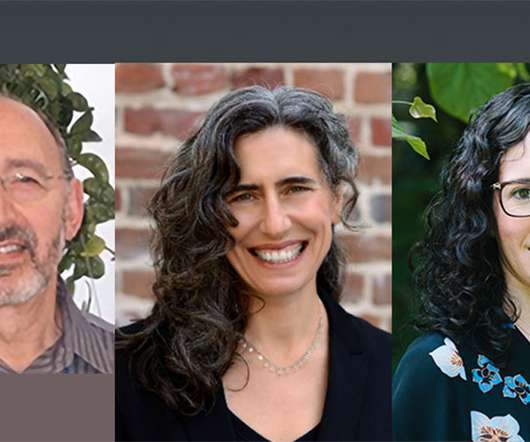
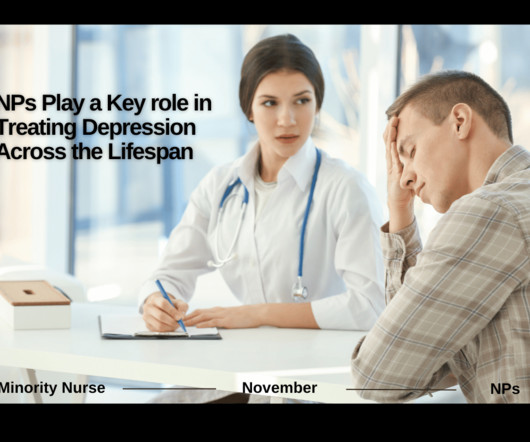






Let's personalize your content